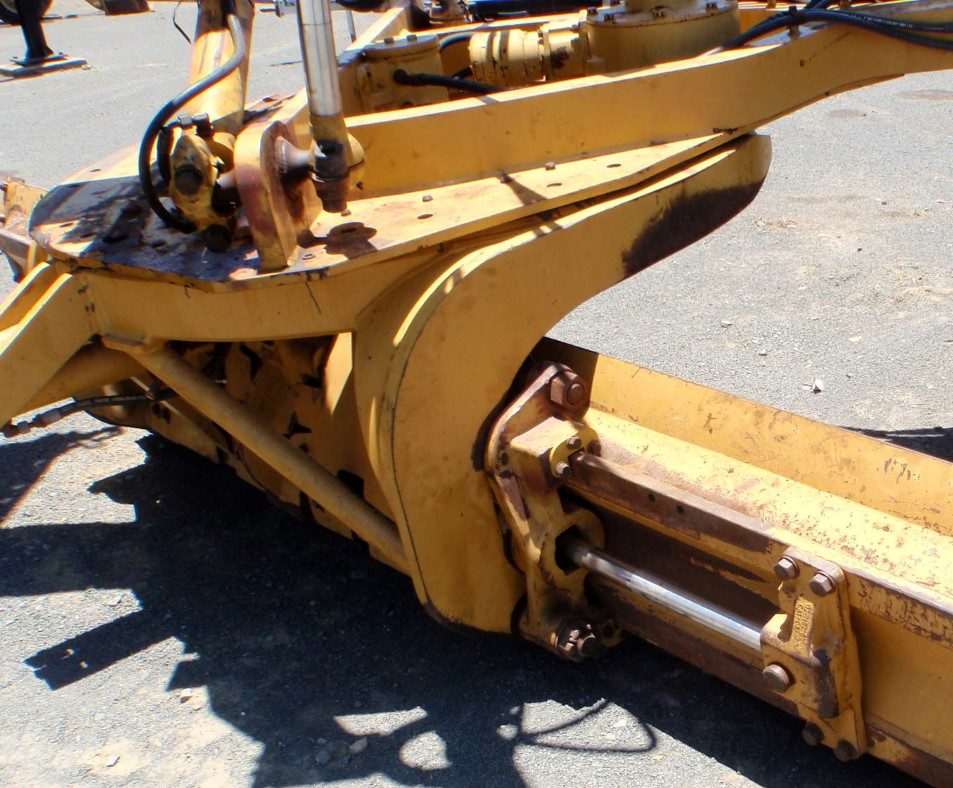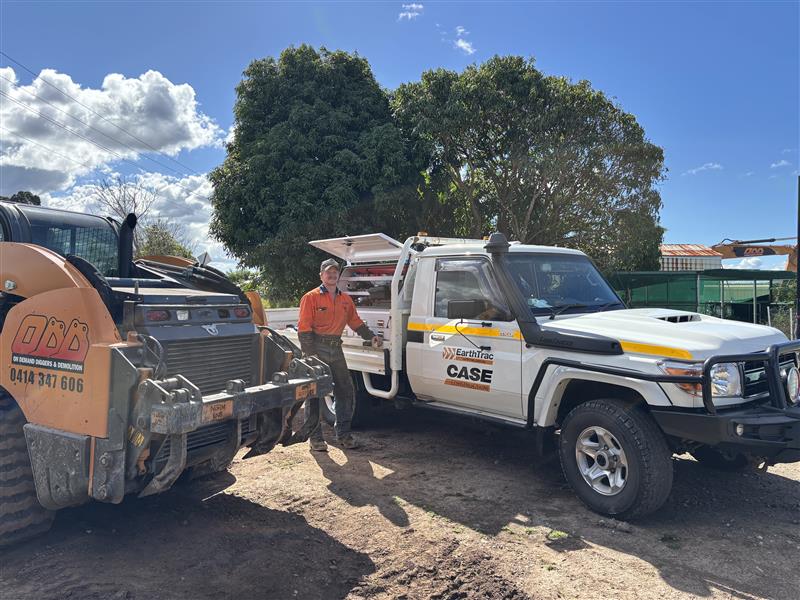- January 4, 2019
- No Comment
9 Tips for Buying A Used Motor Grader

Looking to buy a used motor grader? There are a few things to keep in mind before you sign any dotted line.
We’ve come up with 9 tips to help make buying the right used motor grader as easy as possible.
- Know the scale of your operation
- Choose the right motor grader brand
- Check the engine power
- Inspect the frame
- Inspect the circle
- Check the mouldboard
- Inspect the articulation point
- Check the hydraulics
- Factor in maintenance costs
Check out motor graders for sale here
1. Know The Scale Of Your Operation
Before making any enquiries, you need to know the exact requirements. Graders don’t come cheap. Generally, a used motor grader will cost between $20,000 and $400,000 depending on its age, hours, etc. So you want to be sure your investment is the right one.
Various graders can be used for similar yet different grading tasks. Some graders are more suited to making smoother surfaces, while others are better for fine grade, preparing top layers for road building, and other jobs. Just ask yourself, is this grader for construction, forestry or mining applications?
2. Choose The Right Motor Grader Brand
Once you have an idea on operation, it’s a good idea to compare some brands. As with any product or machine, different brands have different pros and cons. Depending on your operation, choosing the right grader manufacturer could prove crucial. Some obvious OEMs include:
- Caterpillar
- Komatsu
- John Deere
Take a look at our top motor grader brands article to see the benefits of each OEM. Of course, there are plenty of other brands without the hefty price tag. The choice is really up to your personal preference and what you need to get the job done. Why not test a few brands?
3. Check The Engine Power

If you’re in the market for a used motor grader, chances are you know what machine specs you need, including its engine power. Most graders these days are fitted with engines ranging from 100-200 HP. Make sure the grader you’re inspecting has enough ‘oomf’ to get the job done at the scale required.
4. Inspect The Frame
It goes without saying, but when inspecting a motor grader make sure you do a full walkaround. Pay attention to the frame and its condition—make note of any rust, damage or metal reinforcements placed over a repaired crack. If you notice the latter, ask the seller if the work was carried out by a qualified technician.
5. Inspect the Circle

The circle plays a pivotal part in the operation of the grader. Manipulating its position or angle will in turn manipulate the angle of the moldboard. A misaligned circle can be identified by uneven wear on pinion gear teeth. When testing the grader, put the circle through its full range to make sure it can do what it’s meant to.
6. Inspect the Moldboard

The moldboard’s cutting edge is is arguably the most important part of a grader, as it’s what levels the ground and does the grading! So it’s important to check that the cutting edge is straight. Over time, all cutting edges will erode with wear and require replacement. Check the cutting edge for wear and tear, and see how much cutting edge remains on the moldboard.
7. Inspect the Articulation Point
The articulation point needs to be in good condition, or repairs could be costly. Depending on the manufacturer, the articulation point will either be at the front of the cab or behind the cab. Some things to look out for include:
- Any wear in the articulation point
- Any repairs made to the articulation point
- If the cab is sitting higher than the engine compartment (this could mean the articulation point is bent)
- Damage to the frame from strain on the linkage system
If you do notice damage, check the steering components as well to make sure all is well.
8. Check The Hydraulics
Before checking the lines themselves, check the ground beneath the machine for leaks first. Once you’ve done a ground check, move onto the cylinders, lines and hoses within the engine compartment. Be sure to take note of any leaks or damage you find that will require repair.
9. Factor in Maintenance Costs
Motor graders are highly subjective to wear and tear, so it’s important to know the grader’s maintenance history. You’ll also need to know how much it will cost to keep your grader in good working condition.
Did you find this article helpful? Let us know in the comments below. Check out motor graders for sale here, or take a look at some finance options.




